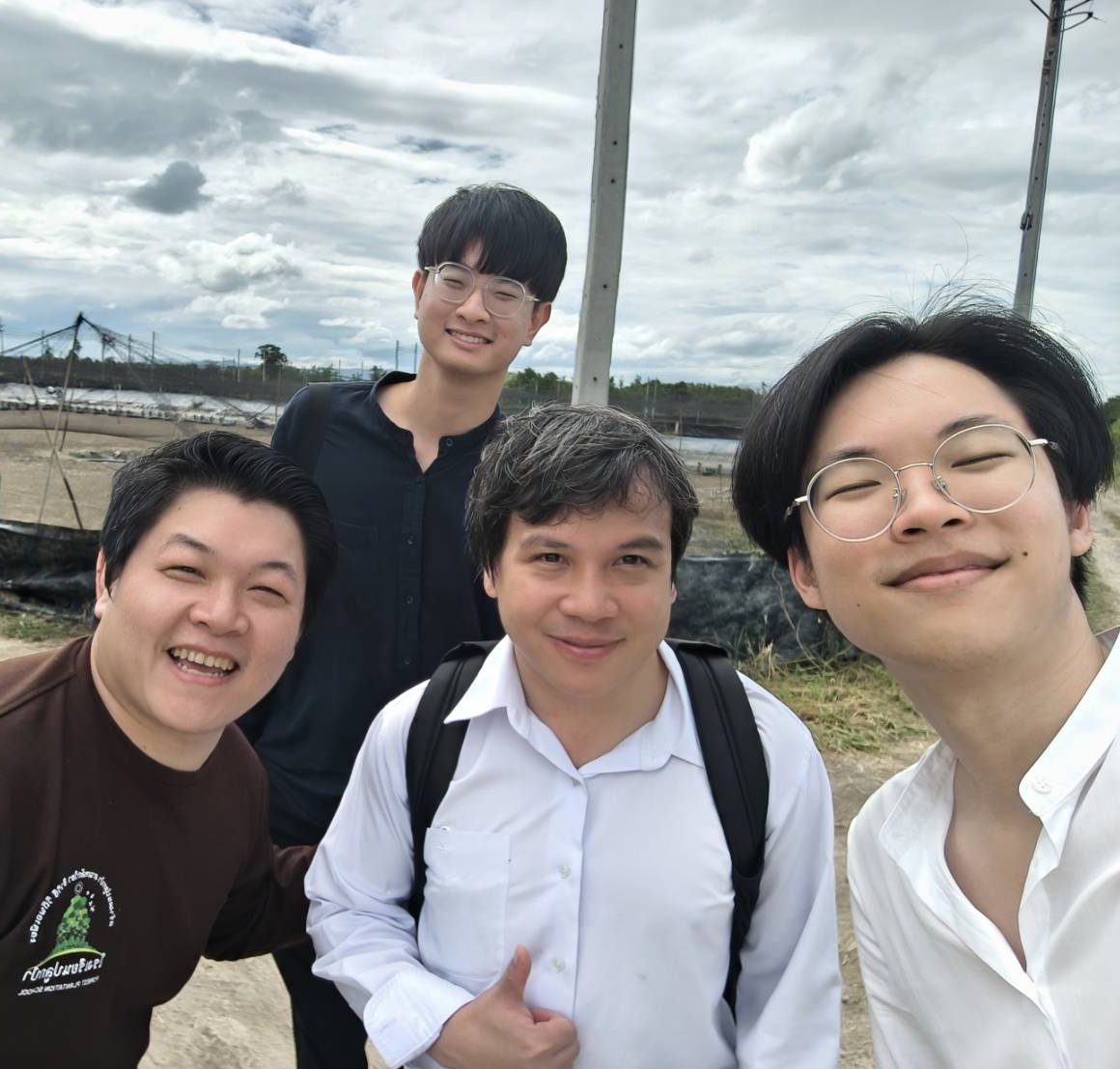Water quality is the most important thing for aquaculture farms to monitor to ensure their livestock remain healthy. While there are existing ways to monitor water quality — sensors and water testing kits — they are too expensive for many farmers in regions like Southeast Asia.
Aquawise wants to offer aquaculture farmers in Southeast Asia a better way to monitor their water quality by using AI and existing satellites — no hardware purchases required.
Bangkok-based Aquawise takes satellite images of fish and shrimp farms and feeds them into its physics-based AI model that monitors the water for things like temperature, level of chlorophyl, and oxygen levels.
Aquawise’s platform can monitor water quality continuously; traditional methods monitor daily or weekly. Aquawise also offers tracking and predictions.
“Water quality is one of the most important things in aquaculture,” Patipond Tiyapunjanit, co-founder and CEO of Aquawise, told TechCrunch. “It’s like being a human: You have to breathe. The aquatic life, they are living in the water all the time. If the water quality does not stay at the optimal level, it could cause the stress, it could cause disease outbreak, and a lot of things.”
Aquawise will be showcasing its tech as part of this year’s Startup Battlefield competition at TechCrunch Disrupt 2025, which runs October 27 to 29 at San Francisco’s Moscone West.
Nineteen-year-old Tiyapunjanit said that the idea for the company started with a love of shrimp that led to a research project about shrimp larvae.
Techcrunch event
San Francisco
|
October 27-29, 2025
While presenting his project at the 2023 Young Scientist Competition, he met his co-founders, Chanati Jantrachotechatchawan and Kobchai Duangrattanalert, who were advising a rival team. Jantrachotechatchawan and Duangrattanalert were impressed by Tiyapunjanit and ended up advising Tiyapunjanit’s project, which went on to win the 2024 Regeneron International Science and Engineering Fair.
Then the trio had to figure out what to do next.
“We have to step back and try to find the most important problem in this industry,” Tiyapunjanit said. “We found that it is a water quality problem; 80% of farms in aquaculture today are facing it. It cost almost $30 billion of losses each year.”
That became the foundation for Aquawise which was founded in 2024.
Water quality isn’t as big of an issue for aquaculture farms in regions like the United States and Europe, but is a much bigger problem in developing regions like Southeast Asia, Duangrattanalert told TechCrunch. Farmers in this region can’t afford monitoring technology and instead rely on weather reports and manual checks on the water, despite the potential consequences of poor water quality.
Aquawise’s first idea was to use sonar to monitor water quality, Duangrattanalert said. Their original idea was to use acoustic sonar to capture data from water — and even tested it on a tank of fish at Tiyapunjanit’s house — before realizing that it would still be too big of a financial hurdle for farmers.
“We want people, especially in Thailand, and in the whole Southeast Asia [region], to feel that they can use it in order to improve their livelihood in term of the community, the region and the farm itself,” Duangrattanalert said.
Aquawise works with multiple farms and is using the data it collects to continue to train its AI model. The company wants to make sure its model is accurate before it starts selling to farms.
The startup also plans to raise money from investors in the new year as well.
“Aquaculture is the fastest-growing food sector worldwide today,” Tiyapunjanit said. “It was the one industry projected by United Nation as the best way to help feed 10 billion people in coming years because of its ability to create high nutrition with very low amount of emission.”
If you want to learn from Aquawise firsthand and see dozens of additional pitches, attend valuable workshops, and make the connections that drive business results, head here to learn more about this year’s Disrupt, October 27 to 29 in San Francisco.

